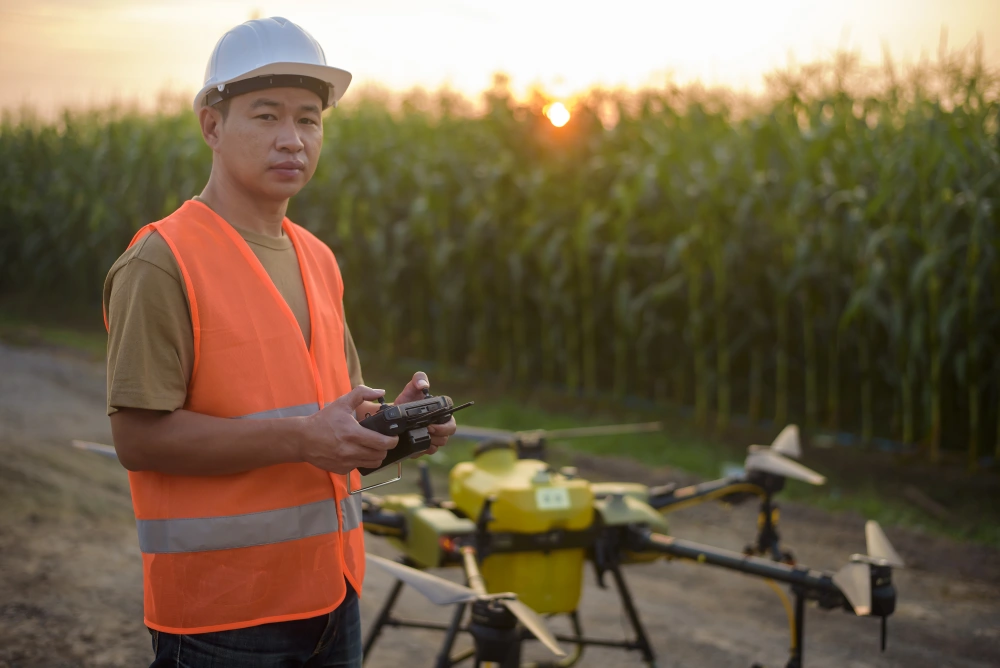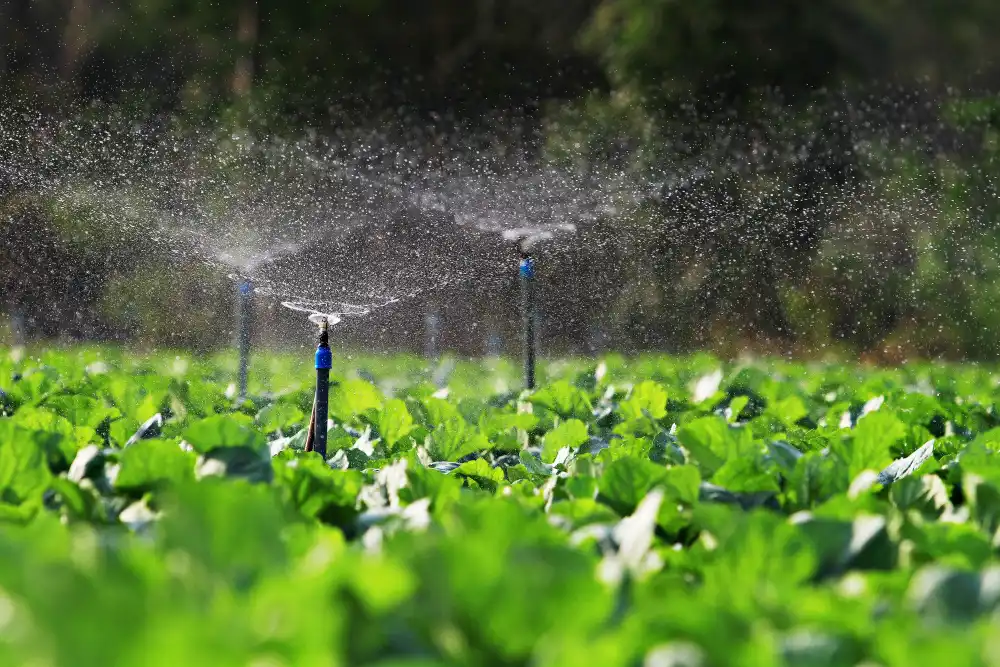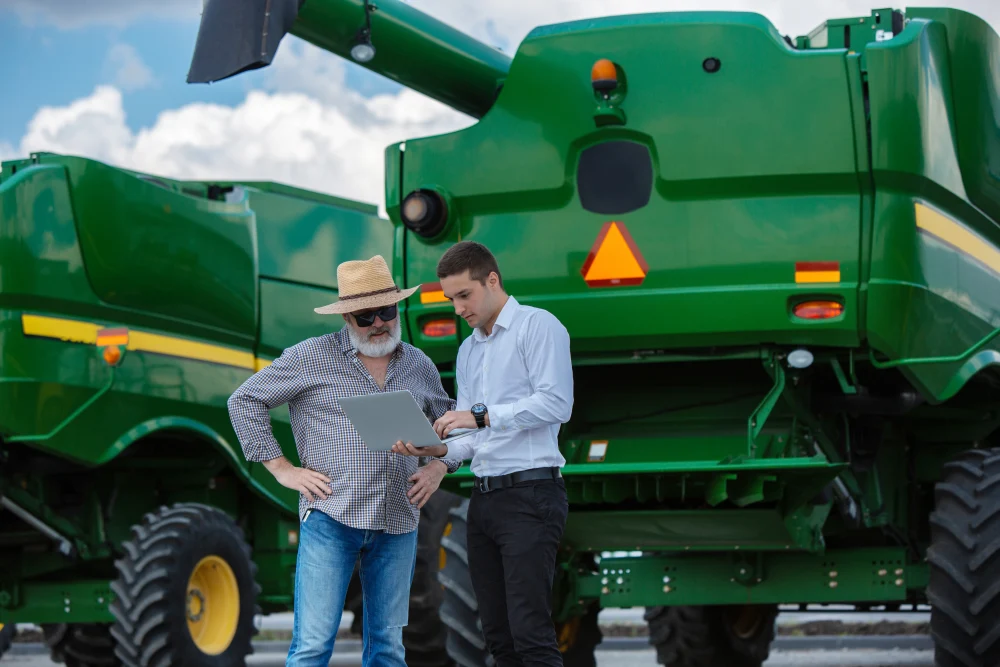Agricultural Engineer

Agricultural Engineer
Job Sector
Agriculture, Food and Natural Resources
Potential Salary (USD)
Low End: $45,000.00 /yr
Avg/Med: $80,000.00 /yr
High End: $130,000.00 /yr
Education Required
- Bachelor of Science in Agriculture, or
- Bachelor of Science in Biological Engineering, or
- Bachelor of Engineering in Bioresource Engineering
Job Outlook
The demand for Agricultural Engineers is expected to grow due to the increasing need for sustainable farming practices and advanced agricultural technologies.
Career Profile Overview
Agricultural Engineers apply engineering principles to agricultural practices, developing innovative solutions to improve farming efficiency, sustainability, and productivity. They work on designing equipment, systems, and processes that enhance the quality and efficiency of food production while minimizing environmental impact.

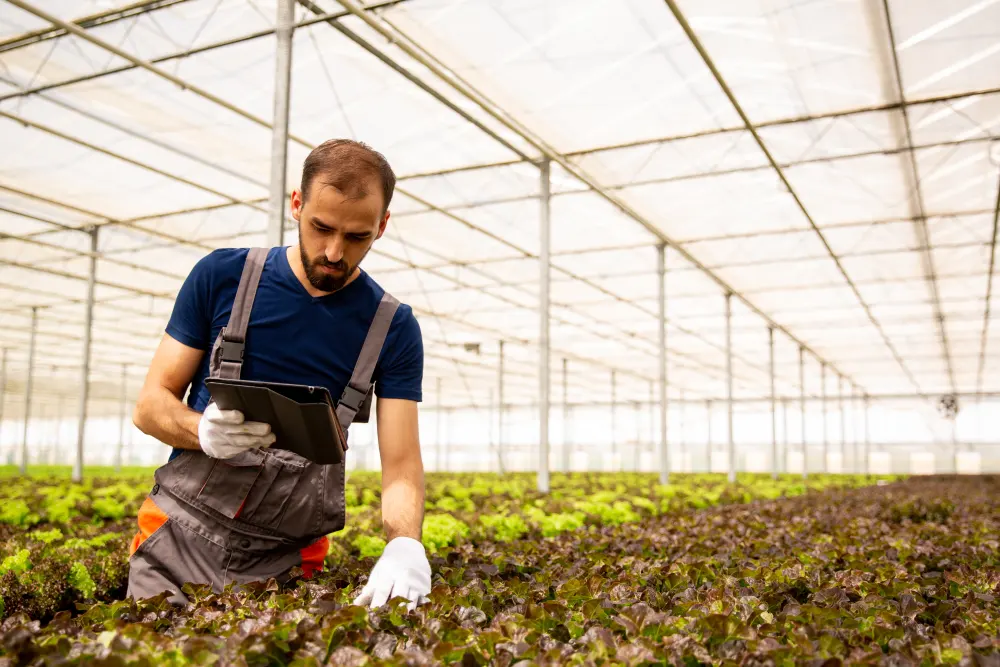
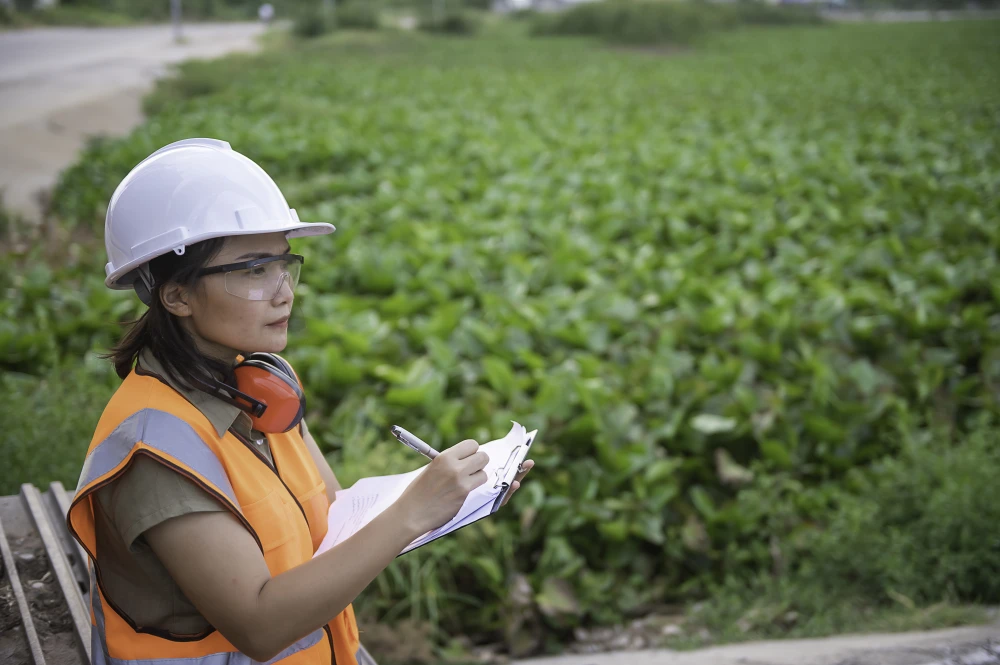
Key Responsibilities
Equipment Design and Development
- Design and develop new farming machinery and equipment, such as tractors, harvesters, irrigation systems, and processing facilities.
Environmental Control Systems
- Create systems for managing environmental factors in farming, such as climate control in greenhouses, waste management, and soil conservation.
Irrigation Systems
- Design and optimize irrigation systems to ensure efficient water use and distribution across agricultural lands.
Sustainable Farming Practices
- Develop and implement technologies that promote sustainable farming, including renewable energy systems, soil conservation techniques, and pollution control measures.
Project Management
- Oversee the installation, operation, and maintenance of agricultural systems and equipment. Ensure projects are completed on time, within budget, and to required specifications.
Research and Development
- Conduct research to innovate and improve agricultural processes, such as developing precision farming technologies and improving crop yields.
Consultation and Education
- Provide technical support and guidance to farmers, agricultural businesses, and government agencies on best practices and new technologies.
Educational Path
High School
- Basic understanding of mathematics, science, and technology is important for this role.
Postsecondary
- Bachelor’s Degree in Agricultural Engineering or a Related Field
Advanced Degrees
- Master’s or Ph.D. in Agricultural Engineering or a Related Field
Certifications
- Professional Engineer (PE) License
- Fundamentals of Engineering (FE) exam
- Certified Agricultural Engineer (CAgE)
Entry-Level
Junior Agricultural Engineer
- Assists senior engineers in designing, developing, and testing agricultural machinery, structures, and processes.
Field Engineer
- Provides technical support and problem-solving on-site for agricultural equipment, irrigation systems, or rural infrastructure projects.
Research Assistant
- Supports agricultural engineering research by collecting data, setting up experiments, and performing basic analyses under supervision.
Mid-Level
Agricultural Engineer
- Designs, develops, and implements engineering solutions for agricultural problems, including machinery, irrigation, soil conservation, and post-harvest technology.
Project Manager
- Oversees and coordinates agricultural engineering projects from conception to completion, managing budgets, timelines, and teams.
Consulting Engineer
- Provides expert advice and engineering solutions to clients in the agricultural sector, often specializing in areas like water management, farm structures, or sustainable farming.
Senior-Level
Senior Agricultural Engineer
- Leads complex agricultural engineering projects, mentors junior engineers, and provides strategic technical direction for significant initiatives.
Research and Development Director
- Directs and manages all research and development activities within an organization focused on agricultural engineering innovations.
Agricultural Engineering Professor
- Conducts advanced research, teaches university-level courses in agricultural engineering, and supervises graduate student research.
Skills and Qualities
Engineering Principles
- Strong understanding of engineering principles, including mechanical, electrical, and civil engineering, as they apply to agriculture.
Agricultural Understanding
- Ability to analyze challenges in farming and develop practical, innovative solutions.
Design Abilities
- Design new equipment and systems to improve farming efficiency and sustainability.
Communication
- Ability to explain complex engineering concepts to non-engineers, including farmers and agricultural workers.
Planning
- Skilled in planning, coordinating, and managing engineering projects from inception to completion.
Sustainable Practices
- Understanding of environmental impact and the importance of sustainable farming practices.
United States
University of Illinois | Illinois
- Program: Bachelor of Science in Agricultural and Biological Engineering
- Website: Illinois Urbana-Champaign
Purdue University | Indiana
- Program: Bachelor of Science in Agricultural Engineering
- Website: Purdue Undergraduate Admissions
Texas A&M University | Texas
- Program: Bachelor of Science in Biological and Agricultural Engineering
- Website: Texas A&M
Canada
University of Guelph | Ontario
- Program: Bachelor of Engineering in Biological Engineering
- Website: U of G Biological Engineering
University of Saskatchewan | Saskatchewan
- Program: Bachelor of Science in Agricultural and Bioresource Engineering
- Website: U of S Ag and Bioresource Engineering
McGill University | Quebec
- Program: Bachelor of Engineering in Bioresource Engineering
- Website: McGill Bioresource Engineering
R. Paul Singh

Position
Professor Emeritus of Food Engineering, University of California, Davis
Contributions
Dr. R. Paul Singh is a renowned agricultural engineer specializing in food engineering and environmental sustainability. His research has focused on improving food processing techniques and developing sustainable agricultural practices.
Impact
Co-authored several textbooks on food engineering, which are widely used in agricultural engineering programs worldwide. Conducted pioneering research in the field of thermal processing, which has helped reduce energy consumption in food production. Awarded numerous accolades, including the prestigious World Food Prize, for his contributions to sustainable food production.
Source
